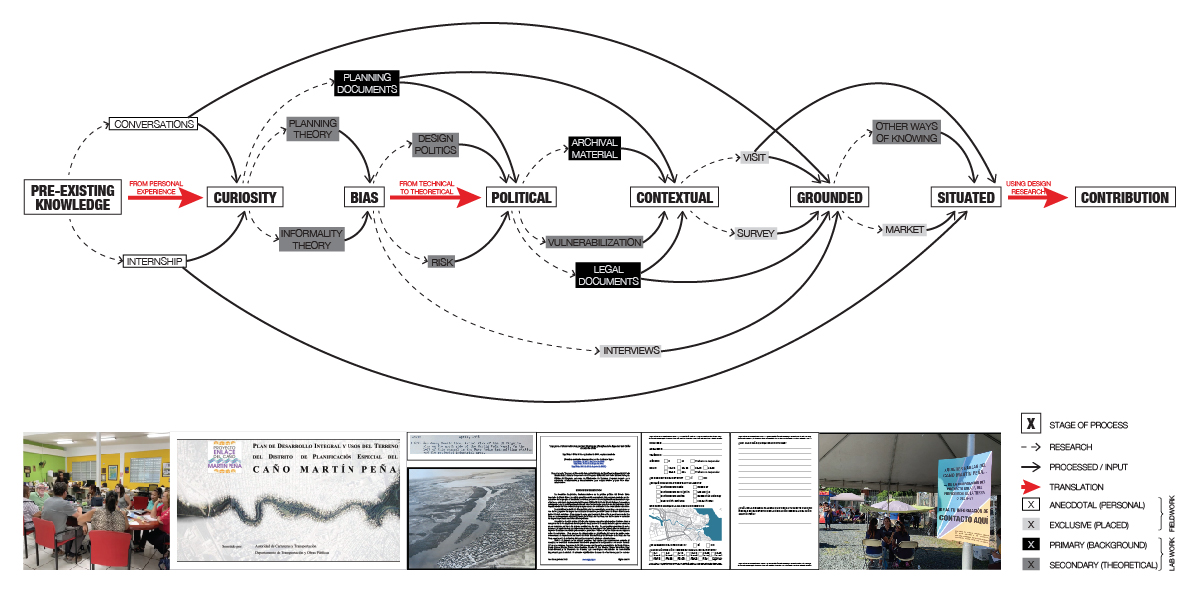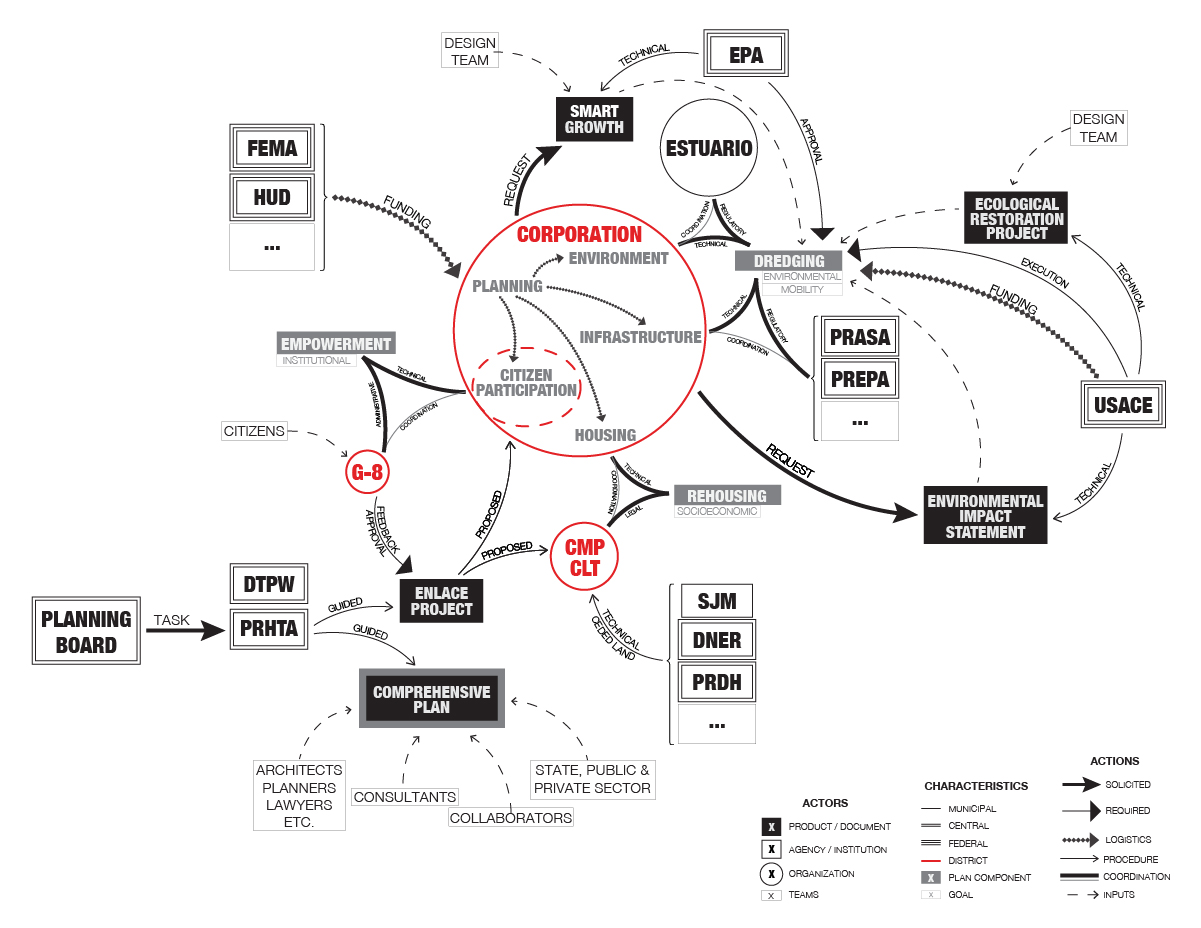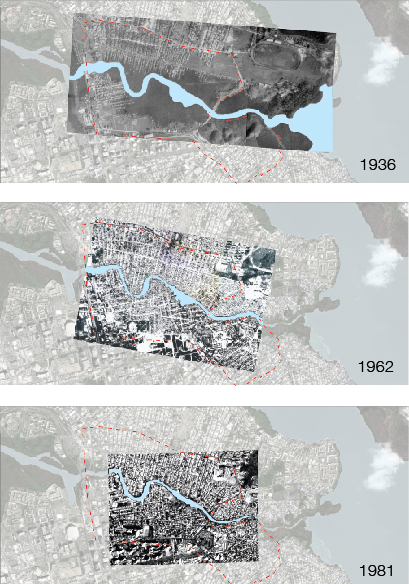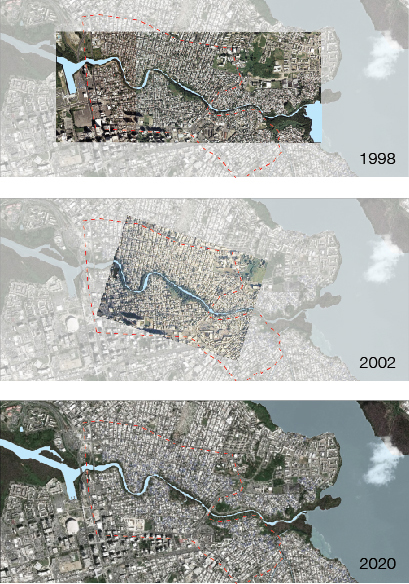Working with Urban Informality: A Postcolonial Critique of Planning Theory based on Lessons from the Caño Martín Peña Special Planning District
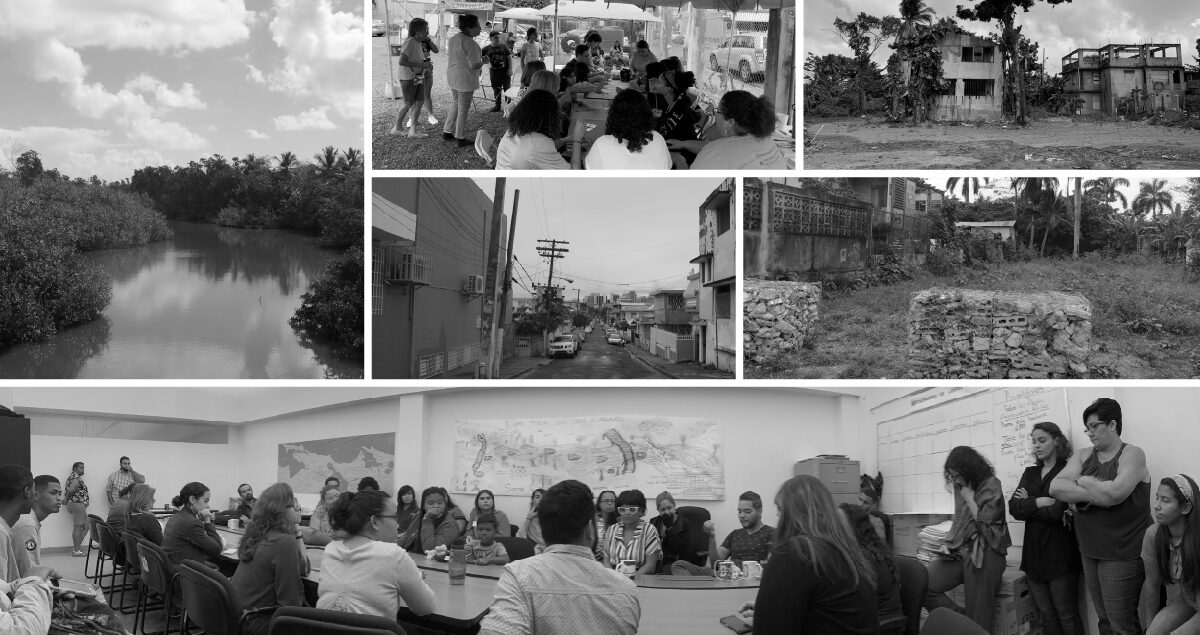
by Samantha Saona (MDes ULE ’20)
This thesis adds to the postcolonial perspective of informality by using an empirically grounded analysis of the Caño Martín Peña Special Planning District to offer theoretical interventions. The case has been celebrated for combining a robust participatory practice and inventive planning strategies that “work with” the community. However, most previous scholarship understates the contextual specificity and the complexity of the process. Thus, I propose a critical methodology to engage with and highlight a systemic understanding of the case by using a theoretical framework that converges around risk, situated knowledge, and design politics.
This research reflects on three topics. First, the “vulnerabilization” of residents in informal areas by the political skewing of participatory processes that render the impacted populations legible and the production of government-approved technical documents that are incomprehensible to most. Second, the appropriateness of the scale chosen to work with urban informality by contrasting the scale of implementable infrastructure and design projects with alternative scales of administering policies that work with the continuous urbanization processes that lead to informality. Finally, the unpacking of economic and political “developmentalism” projects that initially caused migration into cities and their continued impact on how these spaces are perceived. In sum, this thesis proposes a de-centered and re-politicized framework to reflect on how “urban informality” is created, maintained, and perpetuated.
